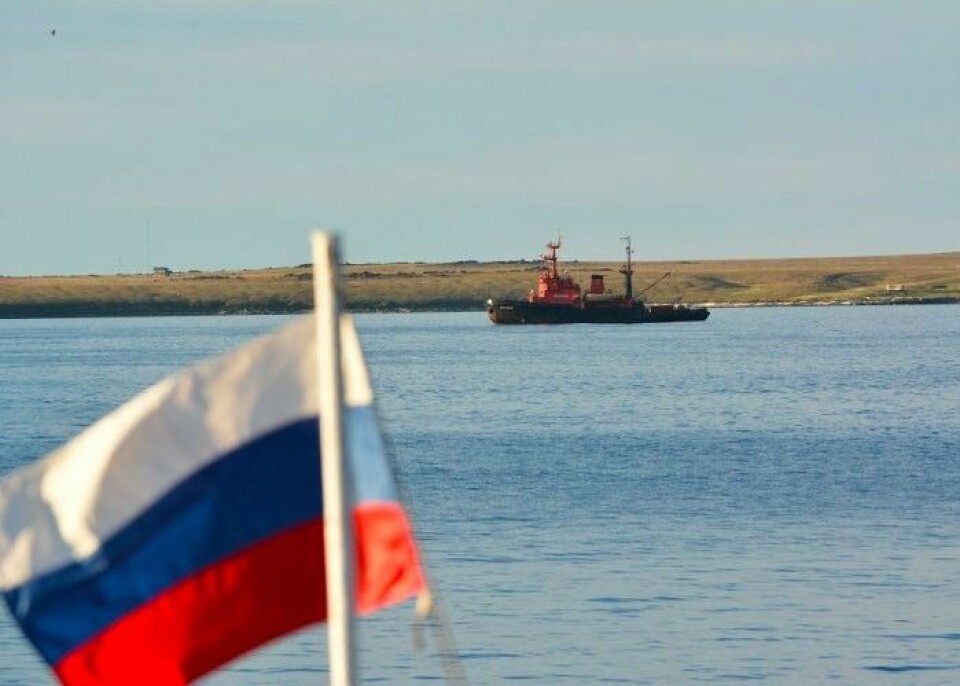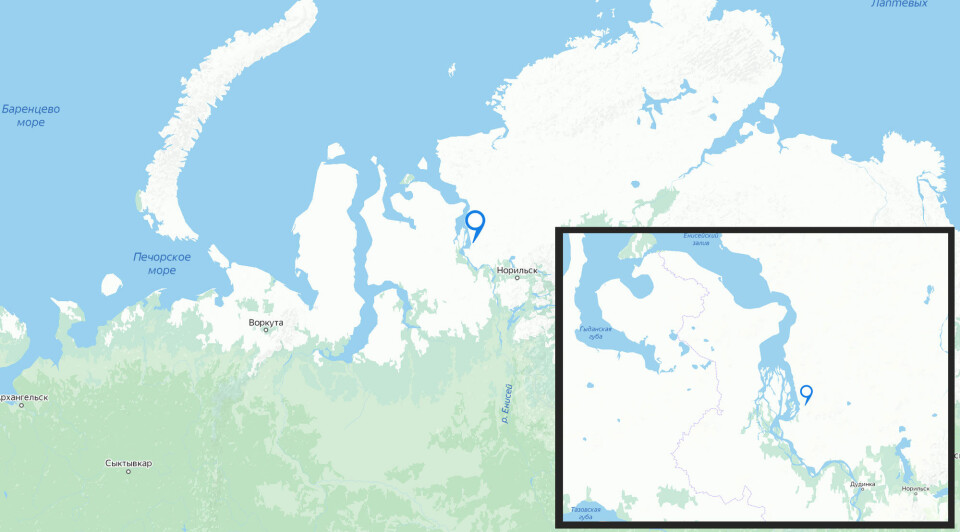
Drilling on the Arctic beach
Russian oil companies bid for licenses along Russia's remotest and most vulnerable shores.
Russian Arctic oil is moving north into territories previously untouched by man. The latests lands up for industrial expansion might be the shorelines and delta areas of several Arctic rivers and bays.
Among the oil companies that now seek to develop new projects in the region is Gazprom Neft. The company reportedly request license rights to the Ust-Yenisey area in the far northern Taymyr Peninsula.

Ust-Yenisey is located in the area where the Yenisey River flows into the Yenisey Bay. The request is being processed by the Russian Mineral Agency Rosnedra, newspaper Kommersant reports.
Gazprom Neft from before operates a license area located adjacent to the Ust-Yenisey. The Leskinsky license is operated together with Shell, the Anglo-Dutch oil major.
Resources in the area are estimated to at least 64 million tons of oil and 146 billion cubic meters of natural gas. In addition comes the resources of the adjacent Leskinsky believed to hold more than 100,000 tons of oil.
Not far from the Ust-Yenisey are also license areas controlled by Rosneft and planned developed as part of the huge Vostok Oil project.
Nature in the area is highly vulnerable and industrial activities could irrevocably affect local eco-systems.
Oilmen are also seeking expansion along other parts of the Russian Arctic coast. According to Kommersant, the Yamal Shelf Company, a subsidiary of former energy minister Igor Yusufov’s Energiya company, is reportedly requesting permission to drill along the shores of the Ob Bay, as well as in the Baydarata Bay.
In the Ob Bay, the company will encounter several of Russia’s biggest energy companies, among them Novatek and Gazprom Neft. The former is operating the Yamal LNG and is in process of developing the Arctic LNG 2. It is also exploring the resources of several offshore structures in the area, among them the Severo-Obskoye and Geofysicheskoye license areas.
The latter is operating the Novy port project and is exploring resources of the Kamennomysskoye-More and Semakovsky areas.
Russian legislation bans private companies from exploring and developing offshore fields. But the resources located within a 12 mile zone from the coast are not categorised as part of the shelf and consequently subjected to other regulations.
Several companies, among them Novatek and Lukoil, have over several years pushed for access to the shelf, which remain a monopoly area for Gazprom and Rosneft.
The Russian government is due to shortly approve the drilling requests along the Arctic shores. That could ultimately mean a liberalisation of regulations on offshore exploration.
















